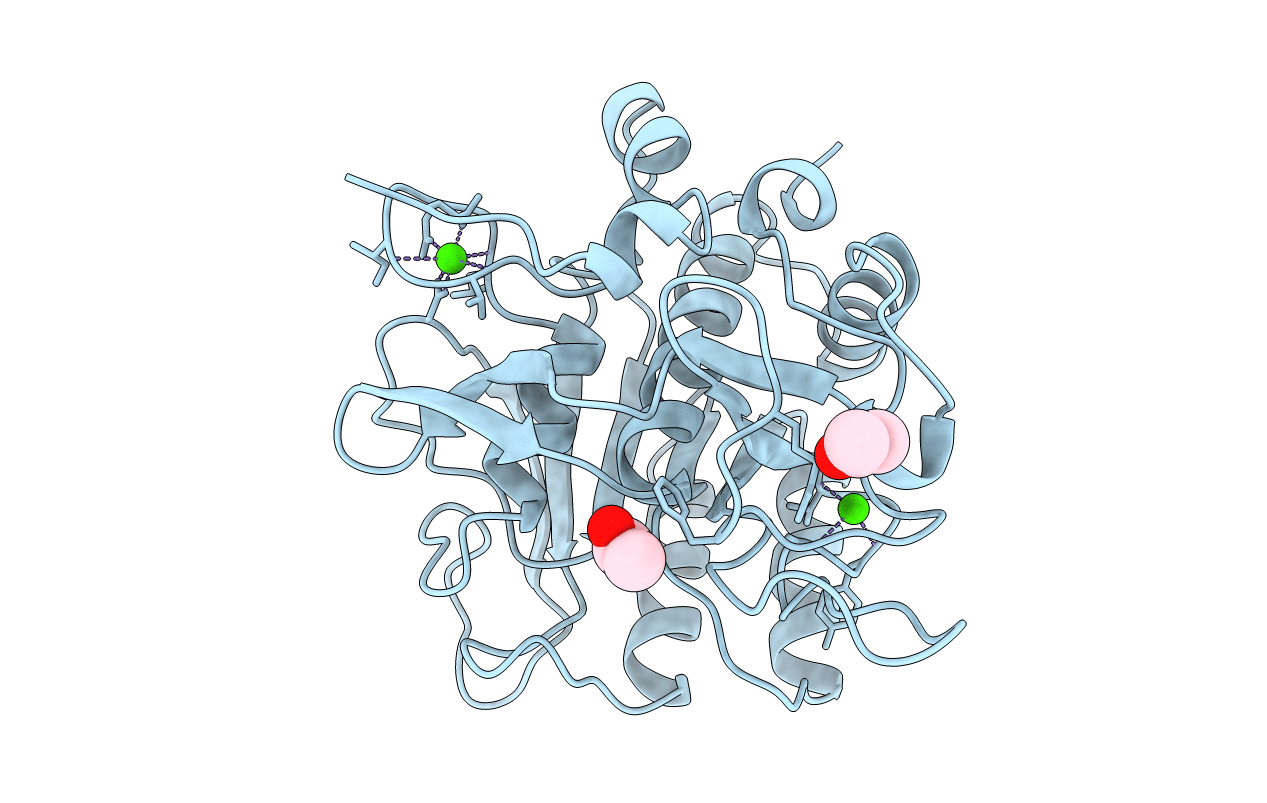
Deposition Date
1998-01-08
Release Date
1998-04-29
Last Version Date
2021-11-03
Entry Detail
Biological Source:
Source Organism(s):
Bacillus amyloliquefaciens (Taxon ID: 1390)
Expression System(s):
Method Details:


